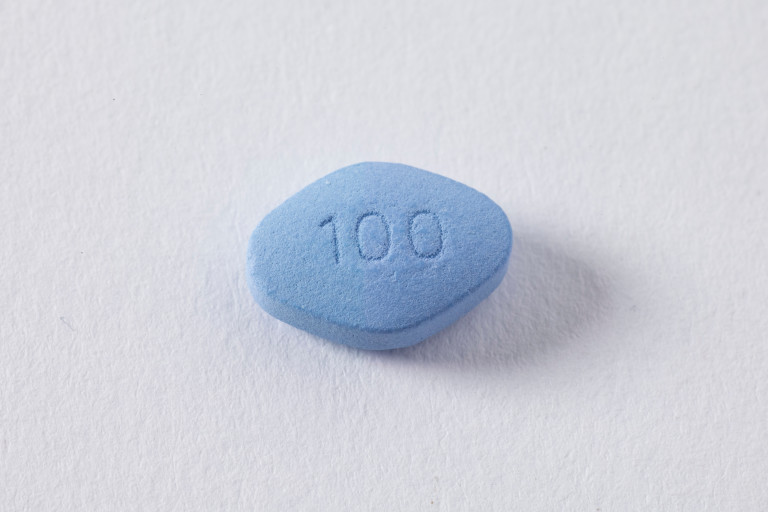Health Care Without Harm
Health Care Without Harm(HCWH)2 was founded in 1996 after the U.S. Environmental Agency found medical waste incineration was the main source of dioxin, a potent carcinogen. HCWH is an international nongovernmental organization that is working to foster global initiatives around reducing the environmental footprint of healthcare and to lead a worldwide movement for environmental health.
What has it accomplished?
HCWH has lead multiple programs that have greatly impacted the health sector. A few highlights include:
Partnering with the United Nations Development Program (UNDP) and the World Health Organization (WHO) to create sustainable healthcare waste management systems in four African countries: Ghana, Madagascar, Tanzania and Zambia.
Organizing the first Global Climate and Health Summit and helping to establish an international coalition of health organizations, the Global Climate and Health Alliance.
Led a successful 15 year project to eliminate mercury based-medical devices from the U.S. market, promoting substitution with safe, effective alternatives.
Kaiser Permanente
Kaiser Permanente3 is an integrated health system, based on California, that manages patients under its own health plans, facilities, and care teams. In 2016, Kaiser adopted many environmental stewardship-focused goals4 to guide the organization for coming decade. Kaiser also works closely with the National Academy of Medicine’s Action Collaborative on Decarbonizing the U.S. Health Sector and nonprofits, such as Health Care Without Harm, to address the environmental impact of the health industry and to advocate for change in current practices.
What has it accomplished?
Climate action takes time and it's an ongoing commitment. Kaiser has made significant progress towards its environmental stewardship goals, including:
Becoming carbon neutral by investing in clean energy and carbon offsets to remove more greenhouse gases than the organization contributed.
Achieving a 23% reduction in greenhouse gas emissions associated with anesthetic use between 2014 and 2017.
Hosting onsite solar panels in 100 of their facilities (as of mid-2021).
HealthPartners
Based in Minnesota, HealthPartners5 is a nonprofit integrated health care organization that provides patients with health care services, as well as health plan financing and administration. HealthPartners believes in bettering health outcomes through protecting the environment and has committed to several sustainability initiatives across the organization. In fact, HealthPartners won the System for Change Award6 for its sustainability program for five years straight from 2015-2019.
What has it accomplished?
HealthPartners has successfully implemented climate-forward changes across multiple touch points of its business. Some accomplishments include:
Correctly disposing 22,000 pounds of medicine via its medicine take-back program.
Reducing paper usage by 8% between 2014 and 2017.
Promoting a green culture in the workplace by creating 23 ‘Green Teams’ across the organization that lead work on sustainability initiatives.
Keeping over 4,250 tons of waste out of the landfill in 2018.
National Academy of Medicine
The National Academy of Medicine (NAM) is a private, nonprofit institution that focuses on providing objective advice on matters of health. The NAM created the Action Collaborative on Decarbonizing the U.S. Health Sector (Climate Collaborative),7 a partnership of leaders across the health system who are committed to making sustainable changes to address the health sector’s environmental impact.
What has it accomplished?
The Climate Collaborative has garnered several network organizations actively supporting its initiatives. Its work is mainly focused around:8
Scaling energy efficient health care services.
Reducing the carbon footprint of the health care supply chain.
Educating health professionals and advocating for climate action.
Identifying policy, financing, and metrics to support climate action.









